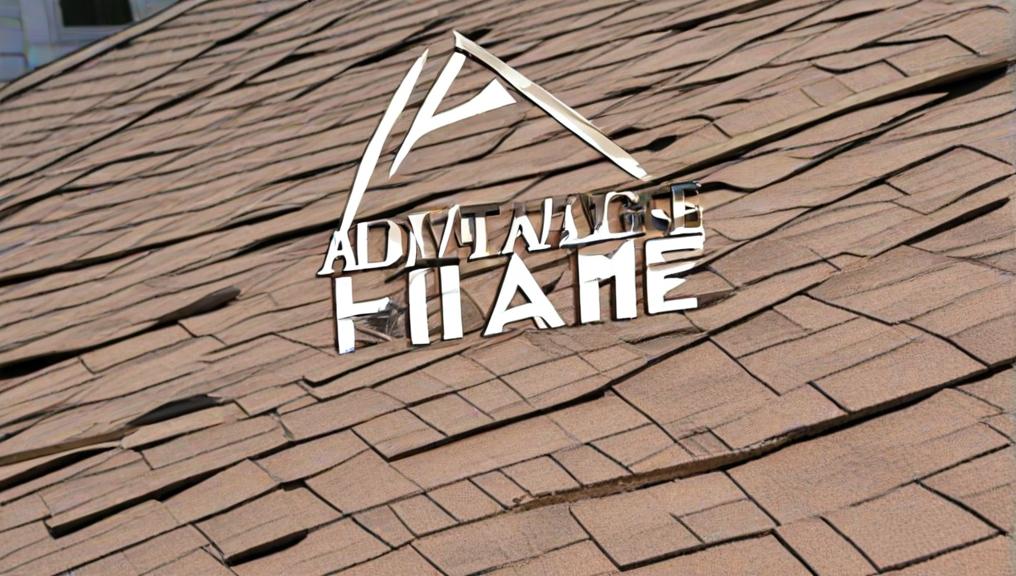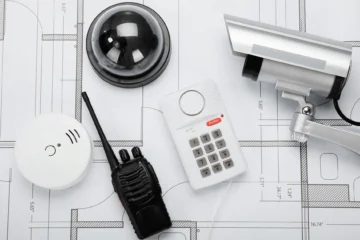Introduction
Buying or selling a home is one of the most significant financial decisions in a person’s life. It involves navigating various complexities, and one of the most critical aspects of this process is the home inspection. This article provides an in-depth exploration of home inspections, including what they entail, their importance, the inspection process, types of inspections, and how to choose the right inspector.
What is a Home Inspection?
A home inspection is a detailed examination of a property’s condition, typically performed by a certified home inspector. The purpose of a home inspection is to identify any existing issues or potential problems that could affect the property’s value, safety, or overall livability. Home inspections usually cover critical components of the property, including the roof, plumbing, electrical systems, HVAC systems, and structural integrity.
The Importance of Home Inspections
Home inspections play a crucial role for both buyers and sellers. Here’s how:
- Protection for Buyers:
- For buyers, a home inspection serves as a vital tool for understanding the property’s condition. According to the National Association of Realtors, approximately 90% of buyers opt for a home inspection to protect their investment. It helps them avoid unexpected repairs and financial burdens after the purchase. A thorough inspection can uncover hidden issues that may not be visible during a casual walkthrough.
- Benefits for Sellers:
- For sellers, conducting a pre-listing inspection can be highly advantageous. Identifying and addressing issues before listing the property can enhance buyer confidence and potentially increase the sale price. A study by the National Association of Realtors found that homes with pre-listing inspections sold for 2-3% more than those without. This proactive approach allows sellers to present their homes in the best possible light, making them more attractive to potential buyers.
- Negotiation Leverage:
- Inspection reports can serve as powerful negotiation tools. Buyers can leverage the findings to request repairs or negotiate adjustments to the sale price. For instance, if the inspection reveals significant plumbing issues, the buyer can negotiate a lower price to account for repair costs. Conversely, sellers can use a clean inspection report to justify their asking price, instilling confidence in buyers and streamlining the negotiation process.
- Peace of Mind:
- Whether you are buying or selling, a home inspection provides peace of mind. Buyers can move forward with confidence, knowing they are making a sound investment. Sellers can feel secure that they are presenting a quality property to the market, reducing the likelihood of last-minute surprises.
What to Expect During a Home Inspection
- The Process:
- A typical home inspection lasts between two to four hours, depending on the size and condition of the property. Buyers are encouraged to attend the inspection, as this allows them to ask questions and gain valuable insights into the inspector’s findings. Engaging with the inspector can lead to a better understanding of the home’s condition and maintenance needs.
- Key Areas Inspected:
The home inspector will evaluate various components of the property, including:- Exterior: The inspector will check the foundation, siding, windows, roof, and drainage systems. This includes looking for signs of water damage, structural issues, and proper grading around the home to ensure adequate drainage.
- Interior: The inspection covers walls, ceilings, floors, and the condition of doors and windows. Inspectors look for cracks, stains, and signs of moisture that could indicate underlying problems.
- Systems: The inspector assesses the plumbing, electrical systems, heating, and cooling units. They check for functionality, safety, and any potential code violations, ensuring that these systems are operating correctly and safely.
- Safety Hazards: Inspectors also look for health and safety concerns, such as mold, asbestos, lead paint, and pest infestations. Identifying these issues early can prevent serious health risks for occupants.
- Inspection Report:
- After the inspection, buyers receive a detailed report outlining the home’s condition. This document highlights any issues, categorizes them by severity, and often includes recommendations for repairs. A well-structured report provides a clear picture of the home’s condition, helping buyers prioritize necessary repairs and understand ongoing maintenance needs.
Types of Home Inspections
- Standard Home Inspection:
- This comprehensive inspection covers the general condition of the home, including structural, mechanical, and electrical systems. It provides a thorough overview of the property’s condition, helping buyers make informed decisions.
- Specialized Inspections:
- In addition to standard inspections, there are specialized inspections that focus on specific concerns. Common types include:
- Radon Testing: Radon is a colorless, odorless gas that can lead to serious health issues, including lung cancer. Testing for radon is essential, especially in areas known for high radon levels.
- Termite Inspections: These inspections assess the property for signs of termite infestations, which can cause significant structural damage. Early detection can save homeowners from costly repairs.
- Mold Assessments: Mold can pose health risks and affect indoor air quality. Specialized inspections can identify hidden mold issues that may not be apparent during a standard inspection.
- Lead Paint Inspections: For homes built before 1978, lead paint can be a concern. Inspections can help identify lead hazards, ensuring the safety of occupants, especially children.
- In addition to standard inspections, there are specialized inspections that focus on specific concerns. Common types include:
- Pre-Listing Inspection:
- Sellers can opt for a pre-listing inspection to identify and rectify issues before potential buyers see the property. This proactive measure not only increases buyer confidence but can also reduce the time the home stays on the market. Addressing repairs in advance can lead to smoother negotiations and a more appealing property.
Choosing the Right Inspector
Selecting a qualified home inspector is crucial for ensuring a thorough and accurate assessment. Here are some tips for choosing the right inspector:
- Credentials and Experience:
- Look for inspectors with relevant certifications, such as those from the American Society of Home Inspectors (ASHI) or the International Association of Certified Home Inspectors (InterNACHI). Inspectors with extensive experience are often better equipped to identify potential issues.
- Reviews and References:
- Check online reviews and ask for references from past clients. Positive testimonials can provide insight into the inspector’s professionalism and thoroughness.
- Sample Reports:
- Request a sample inspection report to assess its clarity and detail. A well-organized report should clearly outline the findings and provide actionable recommendations.
- Communication:
- Choose an inspector who communicates effectively and is willing to answer questions throughout the process. Open communication can enhance your understanding of the inspection findings and their implications.
- Cost:
- While price shouldn’t be the sole determining factor, it’s important to understand the costs involved. Home inspection fees can vary based on the property size and location. Ensure you receive a detailed estimate and understand what services are included.
Conclusion
Home inspections are a vital part of the real estate process, providing both buyers and sellers with crucial insights into a property’s condition. By understanding what to expect during an inspection and the benefits it offers, you can navigate the real estate market with confidence.
Whether you’re buying or selling, ensuring a comprehensive inspection is one of the best ways to protect your investment and ensure a smooth transaction. Advantage Home Inspection NC is dedicated to delivering quality, transparent services that meet your needs. We encourage you to contact us today to schedule your home inspection or to learn more about our services. Your peace of mind is our priority, and we look forward to helping you make informed decisions in your real estate journey.




